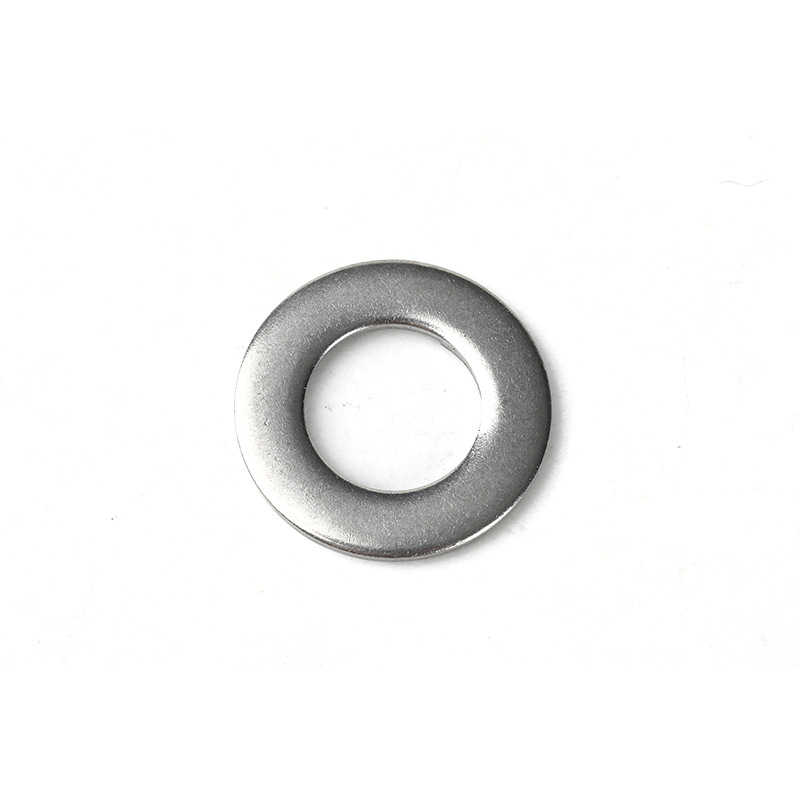

Essential Guide to Choosing Large Washers for Bolt Applications
8월 . 18, 2024 10:33 Back to list
Essential Guide to Choosing Large Washers for Bolt Applications
The Importance of Large Washers for Bolts in Engineering and Construction
Washers are often overlooked components in mechanical and construction applications, yet they play a crucial role in ensuring the reliability and longevity of bolted connections. Among the various types of washers available, large washers for bolts are particularly significant due to their ability to distribute loads, prevent damage to materials, and enhance the overall performance of bolted joints. This article will explore the importance of large washers for bolts, their benefits, applications, and considerations when selecting the right type.
Understanding Large Washers
Large washers are flat, disc-shaped pieces of metal or other materials with a hole in the center, designed to fit over the shank of a bolt. The primary purpose of a washer is to provide a larger bearing surface for the bolt or nut, which helps to distribute force over a wider area. This is especially important in applications where materials may be soft or prone to deformation, as it reduces the risk of creating indentations or damage at the point of contact.
Benefits of Large Washers
1. Load Distribution One of the primary functions of large washers is to spread the load of a bolt or nut over a larger area. This can help to prevent localized deformation of materials, which is particularly important in softer substrates like plastic or wood. By distributing the load evenly, large washers help to maintain the integrity of the assembly.
2. Surface Protection Large washers protect surfaces from wear and tear during assembly and operation. They can prevent the sharp edges of nuts and bolts from digging into materials, thereby extending the life of both the fasteners and the components being secured. This is particularly crucial in automotive, aerospace, and structural applications, where joint failure could lead to catastrophic consequences.
3. Vibration Resistance In mechanical systems subject to vibrations, such as engines or machinery, large washers can help to maintain tension and reduce the likelihood of loosening over time. A larger washer can provide enhanced friction, resulting in a more stable connection.
large washers for bolts

4. Corrosion Resistance Large washers are often treated or made from corrosion-resistant materials, such as stainless steel, to withstand harsh environments. This is essential in applications exposed to moisture, chemicals, or extreme temperatures, where corrosion could compromise the integrity of the joint.
Applications of Large Washers
Large washers are used in a variety of applications across many industries, including
- Construction In structural applications, large washers are used to secure bolts in beams, columns, and framing members, ensuring stability and safety in buildings and bridges. - Automotive In vehicles, large washers can be found in wheel assemblies and engine mounts, where they help absorb vibrations and distribute loads. - Aerospace The aerospace industry often utilizes large washers to ensure that critical components are securely fastened, minimizing the risk of failure under extreme conditions. - Manufacturing In machinery and equipment, large washers help maintain the integrity of mechanical assemblies, providing support in high-torque applications.
Selecting the Right Large Washer
When choosing a large washer for bolts, several factors need to be considered, including the size and material of the washer, the type of bolt or nut being used, and the environmental conditions it will be subjected to. It’s essential to match the washer’s diameter and thickness to the specific application to ensure optimal performance.
In conclusion, large washers for bolts are essential components that contribute significantly to the effectiveness and durability of bolted connections. Their ability to distribute loads, protect surfaces, resist vibrations, and withstand environmental challenges makes them invaluable in various industries. Understanding the importance of these washers can lead to better design practices and enhanced safety in engineering and construction projects.
Latest news
-
Hot Dip Galvanized Bolts-About LongZe|High Strength, Corrosion Resistance
NewsJul.30,2025
-
High-Strength Hot Dip Galvanized Bolts - Hebei Longze | Corrosion Resistance, Customization
NewsJul.30,2025
-
Hot Dip Galvanized Bolts-Hebei Longze|Corrosion Resistance&High Strength
NewsJul.30,2025
-
High-Strength Hot-Dip Galvanized Bolts-Hebei Longze|Corrosion Resistance&High Strength
NewsJul.30,2025
-
Hot Dip Galvanized Bolts-Hebei Longze|Corrosion Resistance&High Strength
NewsJul.30,2025
-
Hot Dip Galvanized Bolts - Hebei Longze | Corrosion Resistance, High Strength
NewsJul.30,2025

